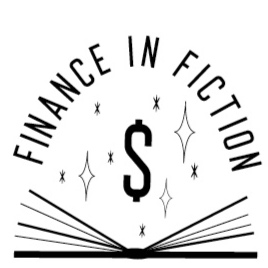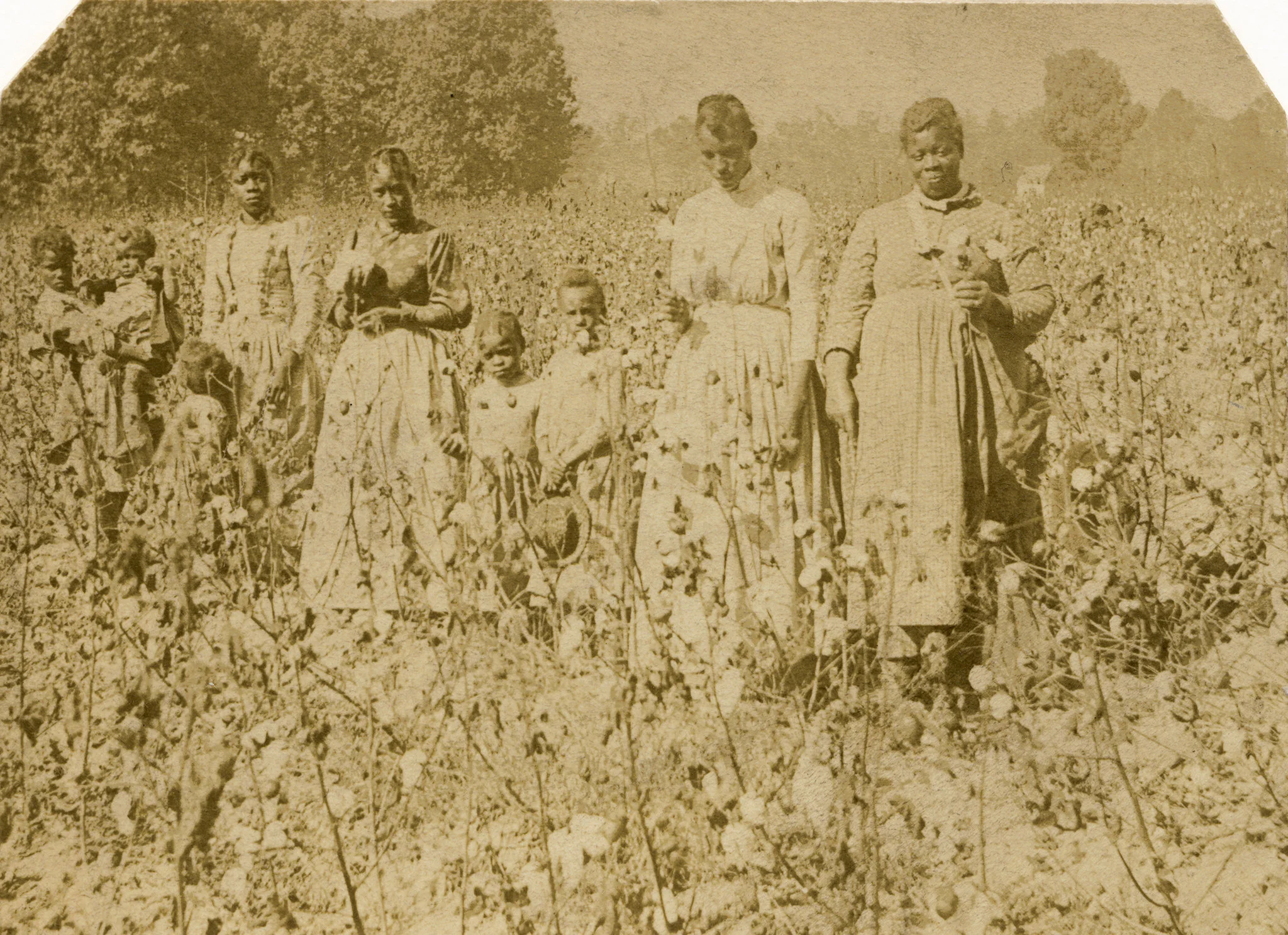Taboo & Juneteenth 2021
Another Juneteenth has passed, but the hurt and anger that has been unearthed during the last year is astounding. The small kernel of fear and anger I’ve felt over the treatment of BIPOC communities in America is mathematically nothing compared to the magnitude felt hundreds of times over by generations of individuals.
Several fictional pieces that I’ve wanted to do include themes of historical abuse of BIPOC communities. In a lot of ways, history itself becomes a sort of fiction over the years. With the patina of time staining the pages of history books, we turn facts into grandiose tales that gloss over our most secret shames in humanity – such as the fact that our very foundations were built and maintained on the backs of the marginalized.
It is impossible to discuss topics like this without also talking about money. A common theme in history is the abuse of humans in pursuit of a dollar. You definitely can’t escape enslavement in Southern history, so instead we’ve found ways to sterilize and commoditize over it to be more palatable for the public (ever been to a plantation tour? A haunted ghost tour? How about a segregated cemetery or its nearby church?). Countless horrific stories begin welling up when we just barely scratch the surface.
I am by no means an appropriate mouthpiece for systemic racism. There are so many great resources for that, the links of which are below. These are very rich, complex topics that I’ve done my best to condense down within the boundaries of the storyline.
They say truth is stranger than fiction. I expect Hollywood history to be played up somewhat, but when I started my research, it became quickly apparent that the truth is so much more horrifying than the fiction in both cases for this month, Belle (2013) and Taboo (2018).
*Trigger warning: slavery, racism, sexual abuse, incest, death
*The approximate value of the figures throughout is based on the year 2019, which arguably, will provide more exact numbers, given the unusual economic circumstances due to COVID-19. In 2019, the British pound was equivalent on average to 1.28 US dollars.
Taboo is a drama from the minds of the Hardy family. James Delaney returns to London after 12 years with a plan to out-crook one of the most powerful institutions in the world – the East India Company.
In 1814, the East India Company is an imperialistic monster. Founded in 1600 by a cabal of traders, this colonial monopoly resulted in the start of the British foothold in India, Portugal, China, and many more by using threats, bribery, or actual war. It was actually the EIC that was granted the tea monopoly that resulted in the Boston Tea Party.
You can think of them as an 18th century Amazon – At the time of Taboo, over half of the world’s trade was through the EIC, which included tea, gunpowder, spices, sugar, opium, silk, and cotton. While they formally began trading humans on the books in 1684, it likely started as early as 1621. Not only did they force the cultivation of opium instead of grain and ultimately caused the Chinese Opium Wars, their exploitive business practices and outright theft damaged the Indian economy for hundreds of years since. In a true example of nothing changing with the times, “despite frequent government intervention, the company had recurring problems with its finances.” But hey, they did note that the Chinese put bergamot in their tea, popularizing Earl Grey tea.
As a young corporal in the EIC’s Navy, James participates in secret human trafficking. As we find out from Belle, it has been illegal to xxx since xxxx. When the ship sinks off the Gold Coast, the decks were nailed shut, causing the deaths of xx souls. James is presumed dead himself. He is haunted by the spirits of those drowned slaves who died during the sinking of a ship off the Gold Coast. The slaves held below all drowned; the exits had been nailed shut.
It is under these circumstances that he returns to England, still haunted by the souls of the dead. Part of his father’s estate is a seemingly useless piece of land on the coast of Vancouver. We soon find out Nootka Sound is far more valuable than it appears to King George IV, the East India, and the Americans.
Let’s check in with the history on this. We know from the Zong that this is very plausible. When it comes to the EIC, it would have been far more historically accurate to portray the slaves as Indian. If I had to guess, Taboo’s choice to focus on African trafficking was mainly due to its American audiences, where there is a definite lack of knowledge and overall whitewashing about the slave trade as a whole. Perhaps with increased attention to this subject, we can begin to open up more dialogue on just how many POC have been affected by institutions funded by the British Empire.
However, what Taboo does do well is to explain to modern audiences how Let’s first explain some context for just how politically, financially, and commercially important Nootka Sound was.
Before Sir Stuart Strange was running the boardroom of the EIC, he sailed to Nootka. In June 1786, he began fur and bead trading* with the Nuu-chah-nulth, a collection of 15 savvy indigenous tribes (this is true, although this isn’t mentioned within the storyline). It is James’ father who takes ownership of Nootka Sound through a treaty. He also bought himself an exotic indigenous wife, Salish, whom he renames Anna. Vomit.
She is brought back to London away from her only home and family to be locked away in a room of the Delaney house. Shockingly, when James is born of marital rape, she attempts to drown him and is subsequently thrown into Bedlam where she dies under the torturous and disease-ridden conditions. Honestly, it bugs me that her story is sort of glossed over in lieu of the presentation of her as this scary baby killer, but back to Nootka.
The treaty proves that the Nuu-chah-nulth tribes “agreed” to Delaney’s ownership of the land. If it had been forcibly taken, the Crown could argue it belongs to the country as a spoil of war. Nootka Sound provides a direct line of trade to Canton, so the country that it belongs to now owns one of the most valuable trade routes in the world. Remember that the EIC is providing 50% of the world’s trade – and a huge portion of that is tea and opium direct from Canton. Determining ownership of Nootka Sound will literally affect the economy of America and England for years to come.
James uses his African diamond fortune to pay off his father’s debts and to purchase a ship. In what is one of the most badass scenes of the show, he is not legally culpable for the £240 and 17 shillings owed to the men, and yet behold – £240 pounds and 17 shillings. About 50 men are standing in this courtroom to receive their portion of the roughly £190,000 ($243,200) payout.
At auction, the ship begins bidding at £600 ($768). James swoops in at last minute with a bid more than £100 over the current bid, buying it for £800 ($1,024). Obviously, a ship is a pretty major purchase in any century, but in this time period, ships were crucial to trading. You knew who had enough money to buy a ship, so a guy waltzing in and dropping the equivalent of £631,300 ($808,064) is going to attract some attention.
And attracting attention he is! Almost everyone wants him gone, preferably permanently, and quite a few of these people are willing to pay. In no particular order, here are a few of the costs that are mentioned throughout Taboo:
· To engage the services of a hitman like Atticus would cost you £15 ($19.20) - £11,840. I’m a huge true crime fan, and I’ve heard of numbers ranging from just $5,000 to upwards of $250,000, but between $10,000-50,000 is about the average I’ve heard, so this feels appropriate.
· To dig a deeper grave that would hinder grave diggers, James’ half-sister (and baby mama) is asked to pay 2 extra shillings. This is about £100 ($130). She declines by saying “He is buried to the depth of my love.”
· Would you leave town if you were offered just around £50,000 ($64,000)? His sister and abusive husband also attempt to entice James to leave London for £50 ($64).
· Sex workers take over the abandoned Delaney offices at the docks and offer James £5 of their £10 daily earnings. This is the equivalent of earning wages of £7,892 ($10,102). Not too shabby to earn $150,000 cash a month in “rent.”
· Larks walked the muddy banks of the Thames looking for anything of possible value. Although they were often orphans and London’s poorest residents, it remains a popular hobby today. Pieces of broken Roman pottery and ancient coins wash up on its shores as if it were the river Styx.
Shows like Taboo provide something much more than simple entertainment. It’s too easy to forget how to connect to history in a personal way unless we’re given a story to fall into it. Like anything fictional, there are problems with accuracy and perspective, but it’s because of this show that I specifically learned about the Nuu-chah-nulth people. A mere 46 years after Strange landed on their shores, more than 90% were dead of malaria and smallpox brought by Western invaders. Today, about 6,300 descendants remain.
It’s because of characters like the witty George Chichester that I was encouraged to research the Sons of Africa and London’s educated Black society. Considered the first Black political organization, this group of lawyers and abolitionists campaigned for the end of African chattel trade; it is because of the abolitionist and formerly enslaved man Olaudah Equiano that the Zong case was brought to Granville Sharp’s attention.
In honor of Juneteenth becoming a national holiday, I will be donating on behalf of FIF to the Nuu-chah-nulth and the NAACP.
Sources linked throughout:
https://www.measuringworth.com/calculators/ukcompare/
https://aquila.usm.edu/cgi/viewcontent.cgi?article=1153&context=slisconnecting
https://en.wikipedia.org/wiki/East_India_Company
https://en.wikipedia.org/wiki/James_Charles_Stuart_Strange
https://en.wikipedia.org/wiki/Sons_of_Africa
https://www.nytimes.com/2020/02/12/world/europe/london-thames-mudlarks.html
https://historyhouse.co.uk/articles/mud_lark.html
https://www.imdb.com/title/tt3647998/
https://www.ft.com/content/0f1ec9da-c9a6-11e9-af46-b09e8bfe60c0
https://b-womeninamericanhistory18.blogspot.com/2013/06/history-brief-of-tea-in-england-her.html
https://www.ft.com/content/0f1ec9da-c9a6-11e9-af46-b09e8bfe60c0






